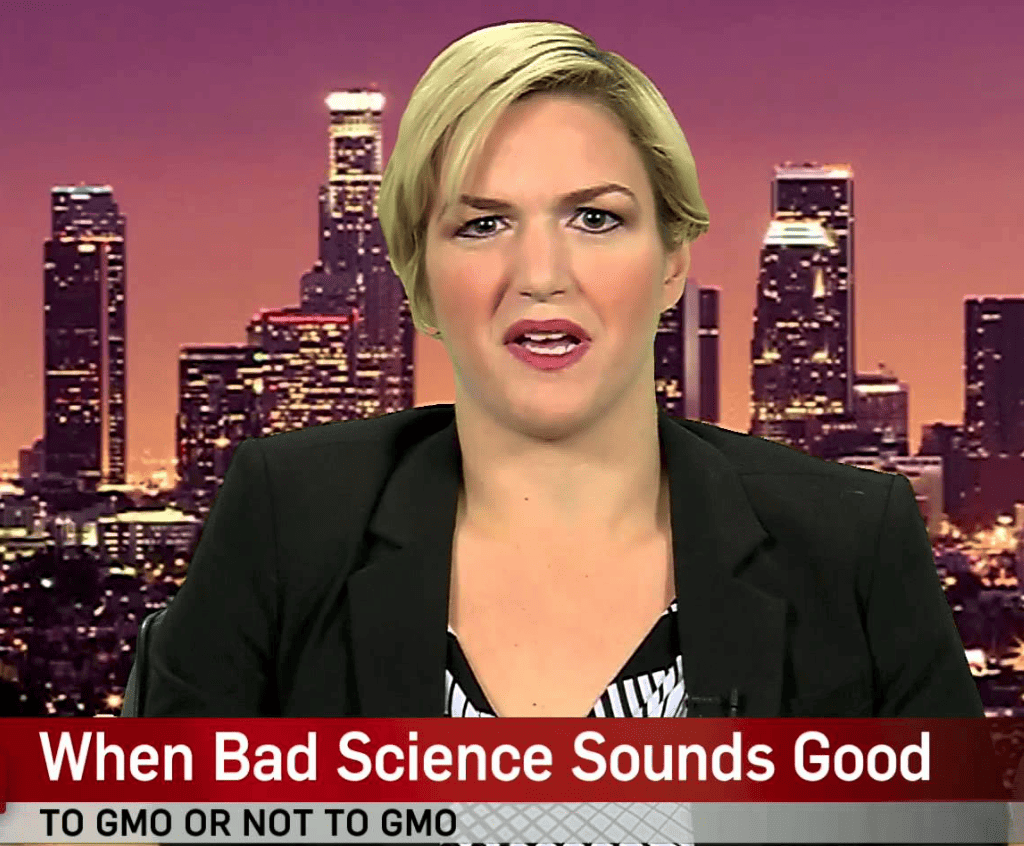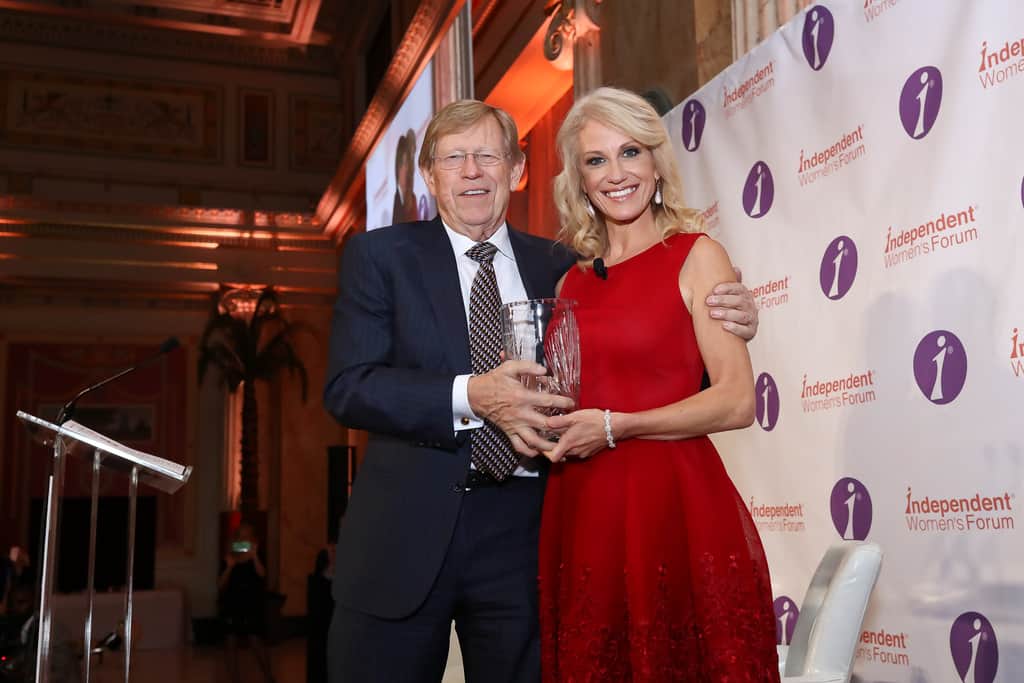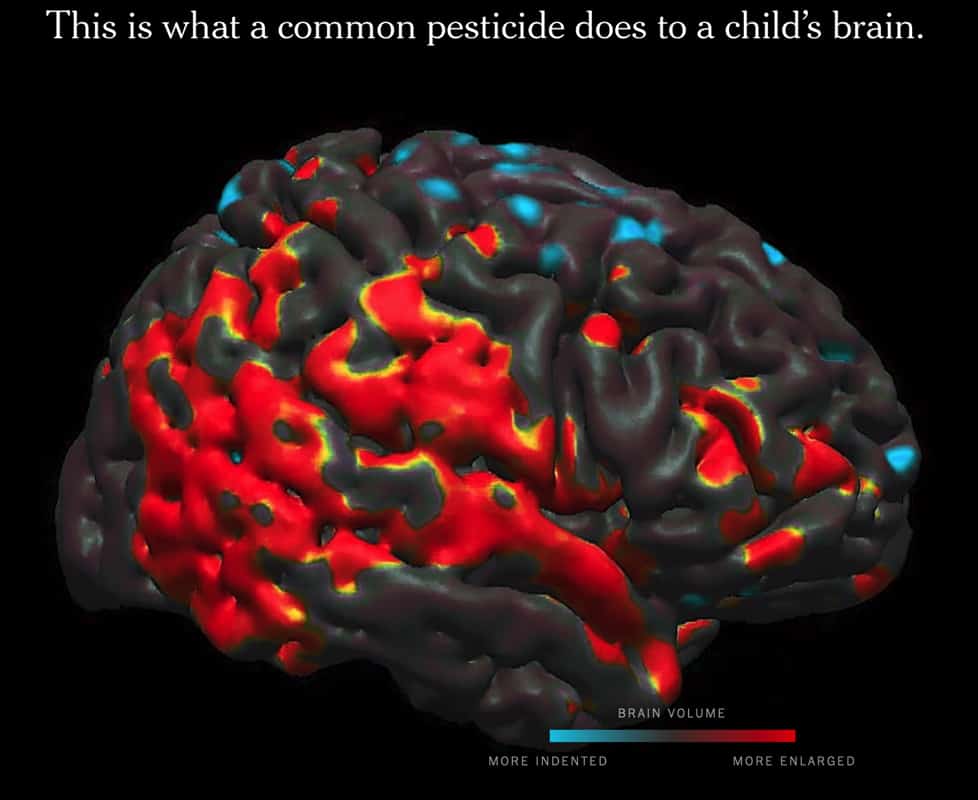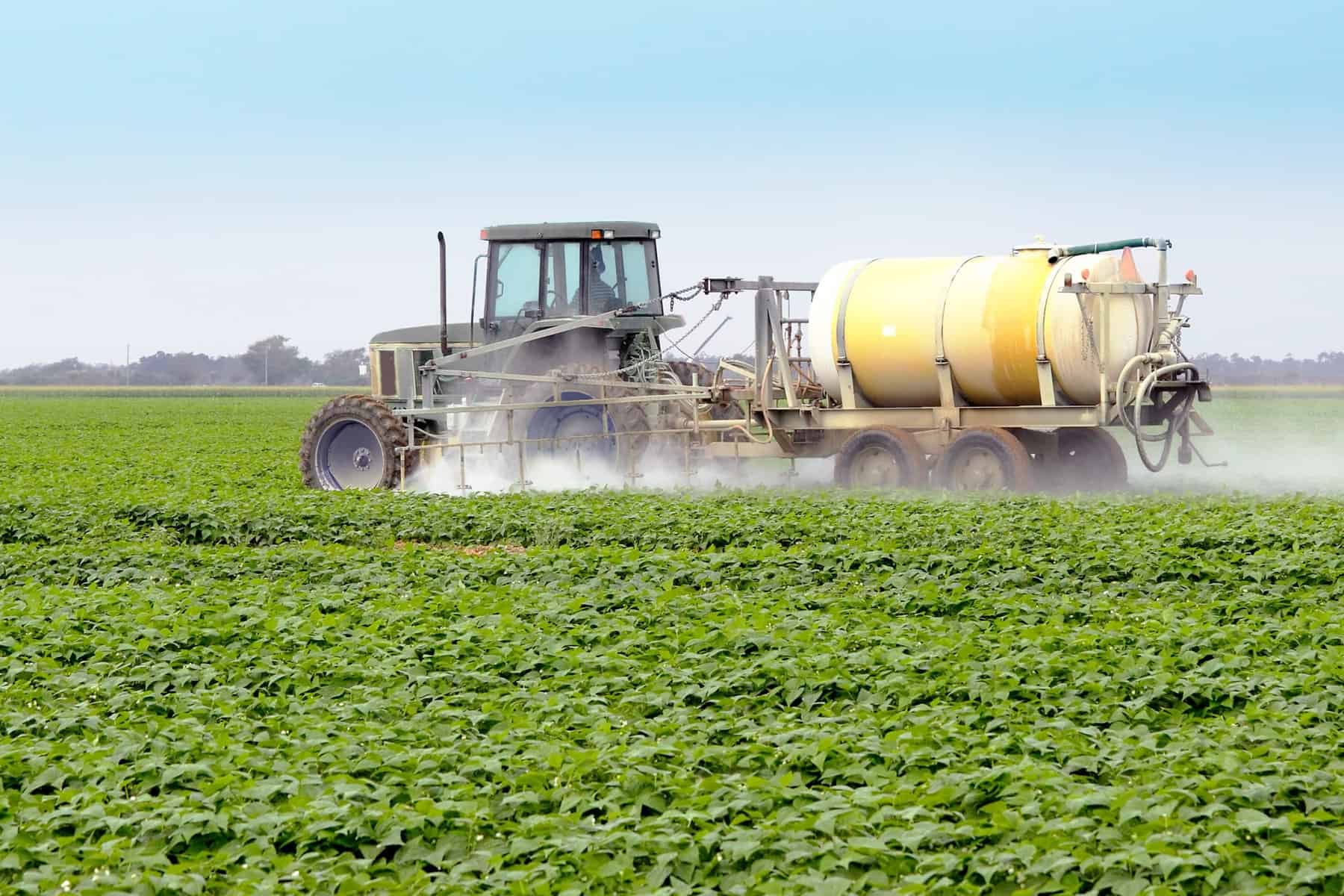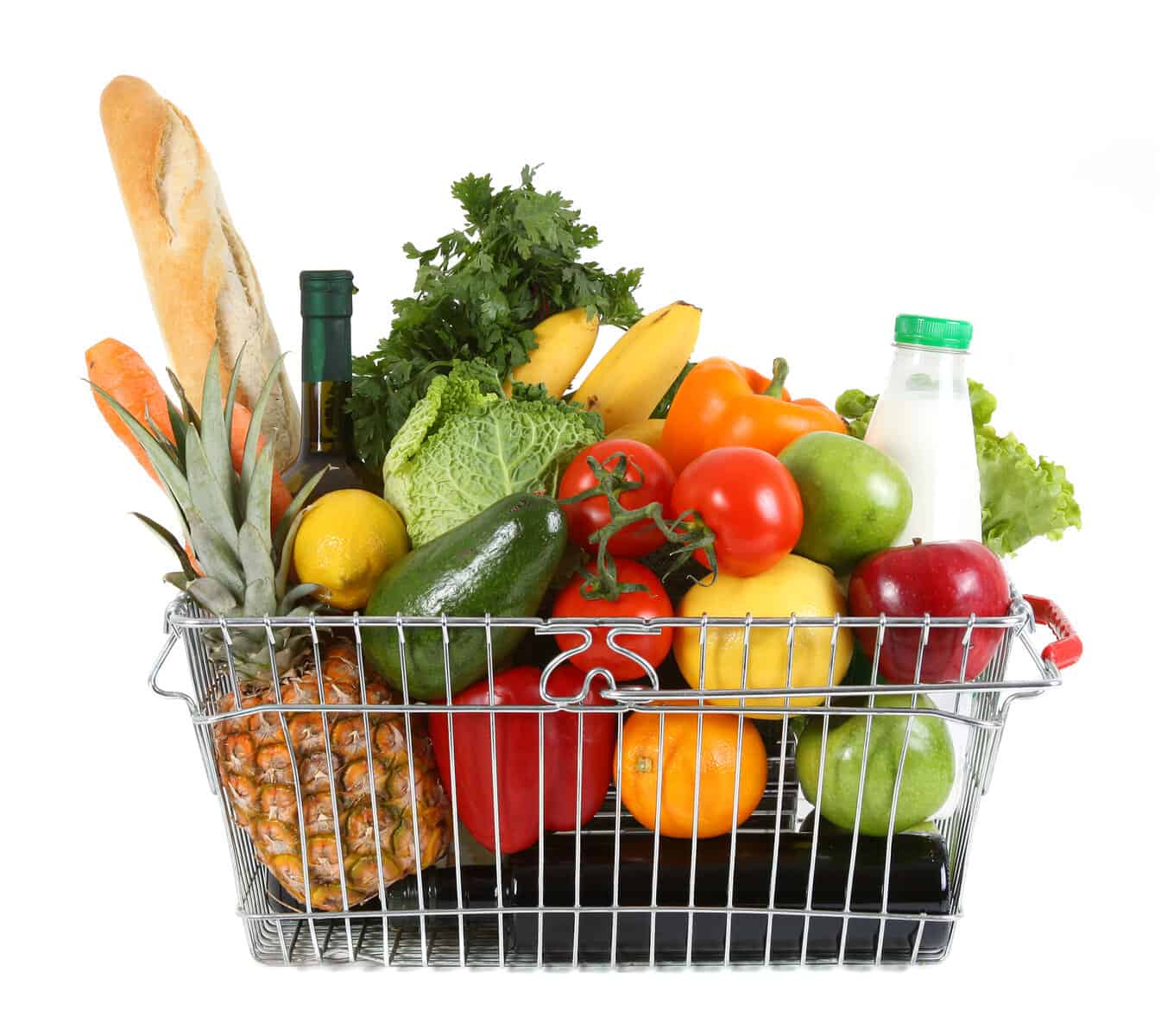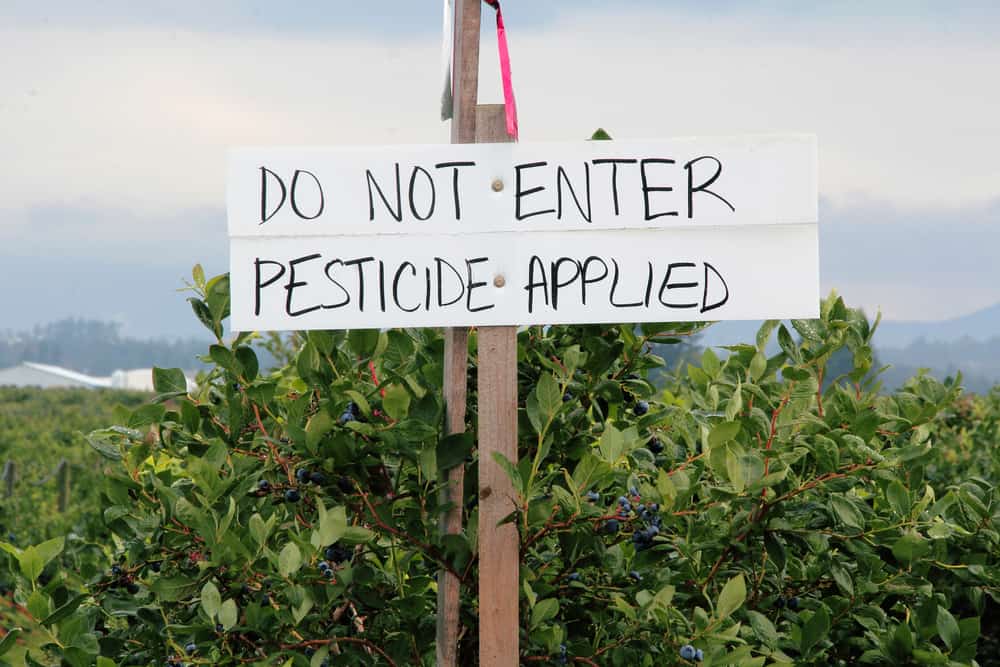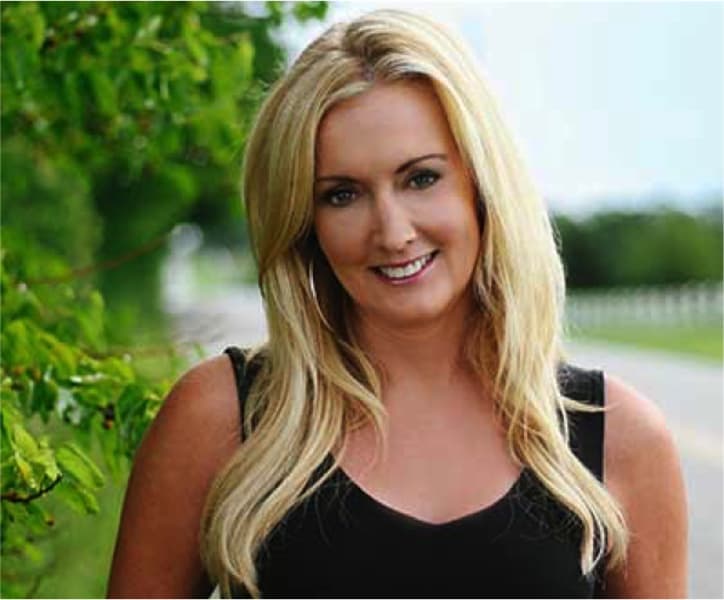How Tamar Haspel Misleads Readers of the Washington Post
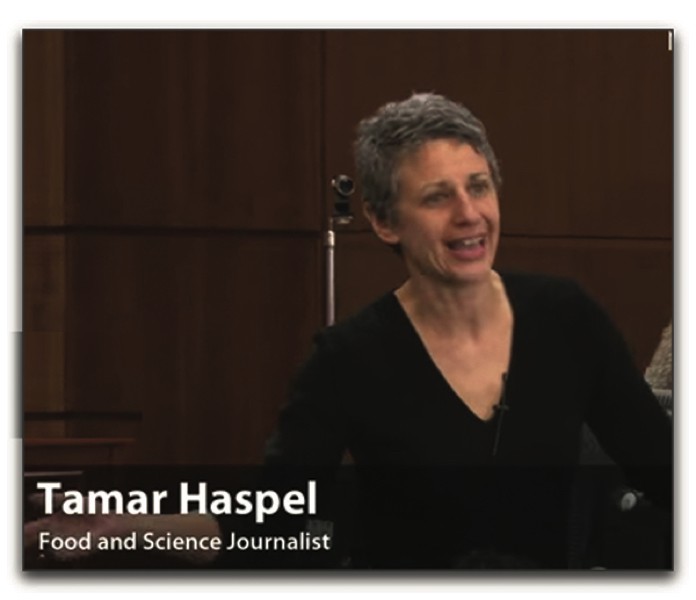
Tamar Haspel is a freelance journalist who has been writing monthly food columns for the Washington Post since October 2013. Her columns frequently promote and defend pesticide industry products, while she also receives payments to speak at industry-aligned events, and sometimes from industry groups. This practice of journalists receiving payments from industry groups, known as … How Tamar Haspel Misleads Readers of the Washington Post









